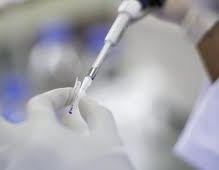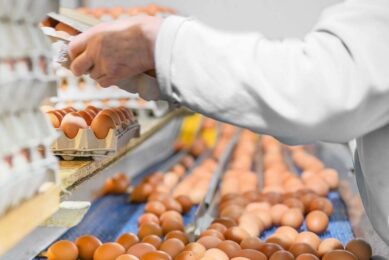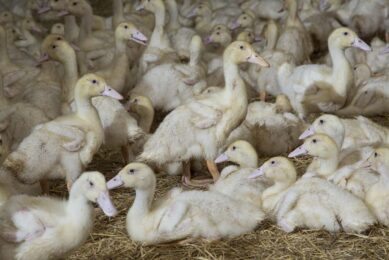Research: Live bird markets are ‘resevoir’ for avian influenza

Since December 2003 outbreaks of H5N1 Highly Pathogenic Avian Influenza (HPA1) affecting domestic poultry have been reported in 50 countries across the world. Massive economic losses and the pandemic threat make H5N1 HPAI one of the greatest current public health concerns.
Guillaume Fournié and Dr Javier Guitian from the Royal Veterinary College – working with colleagues from the London School of Hygiene and Tropical Medicine and Imperial College – have developed a model to understand how live bird markets act as a “hub” of infection for domestic poultry and if rest days, during which such markets are emptied and disinfected, may reduce transmission.
The results were published on December 1st 2010 in Interface – the Journal of The Royal Society. PhD student Guillaume Fournié, who led the research, said: “Live bird markets can be a reservoir of infection for domestic poultry and may therefore be responsible for sustaining H5N1 HPAI virus circulation.
“Compared to interventions applied in farms – such as stamping out and vaccination – our model shows that frequent rest days are an effective means with which to reduce H5N1 HPAI infection rates. Furthermore, our model predicts that full market closure – as has been implemented in some countries such as Egypt and Vietnam – would only be slightly more effective than rest days to reduce transmission of the disease.”
The models used in the study are based on the live bird market chain in Hong Kong and the analysis restricted to chickens. A full copy of the report can be seen in Interface.
Related website
Royal Veterinary College
Join 31,000+ subscribers
Subscribe to our newsletter to stay updated about all the need-to-know content in the poultry sector, three times a week. Beheer
Beheer








 WP Admin
WP Admin  Bewerk bericht
Bewerk bericht